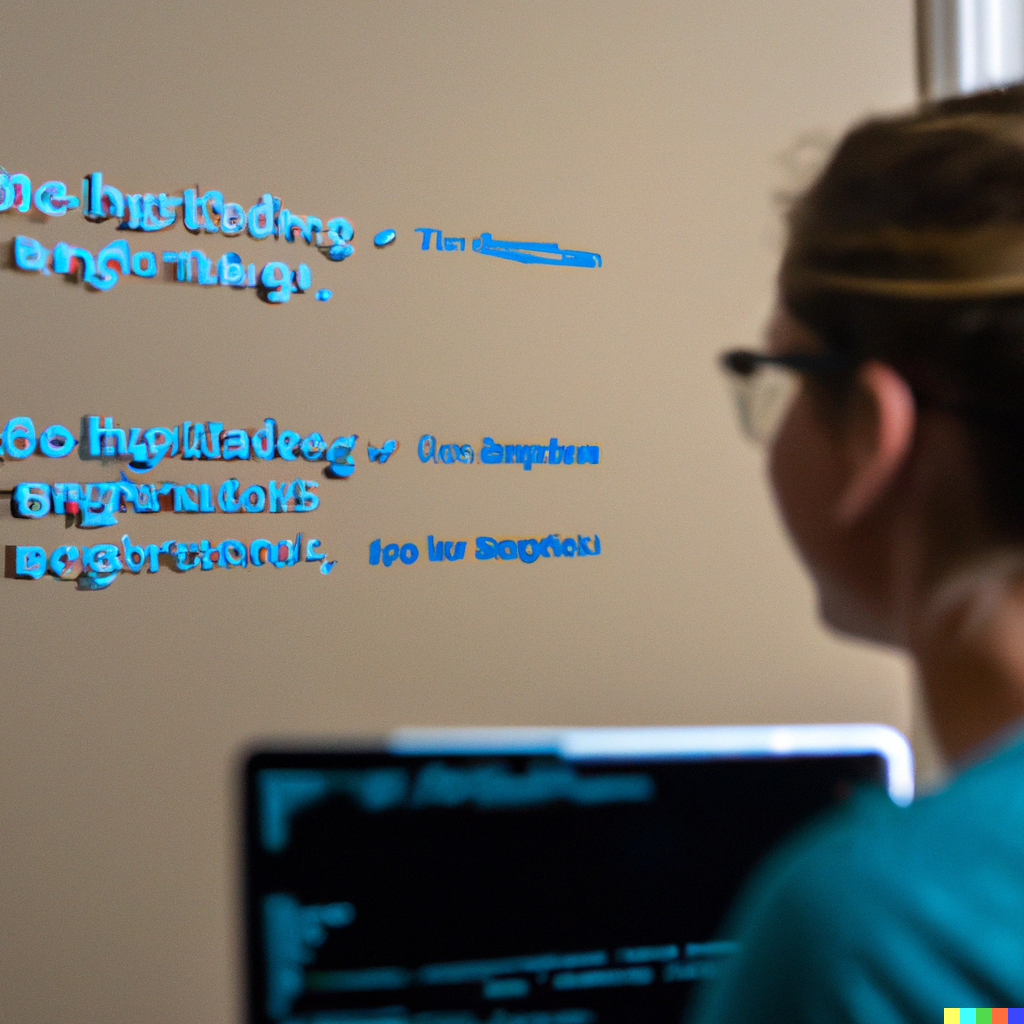The best predictions are not predictions at all.
“The future is already here – it’s just not very evenly distributed” — William Gibson
It’s fascinating though just how quickly AI is becoming evenly distributed in the working lives of software developers. After 2022 Developer Experience will never be the same.
The last decade has been marked by companies with pockets deep enough to fund the requisite R&D efforts telling us all that that artificial intelligence and machine learning are essential skills for every software developer to learn – but they never seemed to have the use cases to prove the point.
2022 everything changed. We woke up and developer experience was mediated by AI. It turns out that AI isn’t going mainstream because enough developers know how to program using it, but rather it’s becoming evenly distributed because it’s fundamental to how developers are going to work going forward. GitHub Copilot went generally available in June 2022. OpenAI launched ChatGPT in November 2022. We’ve had the decade of software eating the world. Now it’s AI’s turn.
“There are decades where nothing happens; and there are weeks where decades happen”–Vladimir Ilyich Lenin.
Q4 2022 was the latter. It’s the beginning of 2023 and it’s a different industry. A different world even. Accountants, doctors, lawyers, teachers, software developers, designers, industry analysts, we’ve all got to make accommodations.
“The past is a foreign country; they do things differently there” — L.P. Hartley.
Microsoft is suddenly the company making all the running in AI, after its astute investment in OpenAI, which runs on Azure. OpenAI raised $1bn from Microsoft in 2019 and is currently valued at around $29bn. What a bargain. But then Microsoft only paid $7.5bn for GitHub, which was and is, frankly a steal. Microsoft is in the box seat for a master packaging exercise of GitHub, VS Code and OpenAI capabilities to drive its (cloud) ambitions.
“Microsoft, and particularly azure, don’t get nearly enough credit for the stuff openai launches. they do an amazing amount of work to make it happen; we are deeply grateful for the partnership. 🙏 they have built by far the best AI infra out there.” — Sam Altman.
Google and AWS are now scrambling to respond.
AI is going to be embedded in developers tools, and developer workflows. It’s going to change how they work, how they collaborate, where they learn from, what they learn.
Take your test pilot for a spin: GitHub Copilot Labs now comes with a test generator, that creates and refines tests! @GitHubNext pic.twitter.com/0ZU5GvycSM
— Oege de Moor (@oegerikus) January 5, 2023
AWS has Amazon CodeWhisperer
Replit recently launched Ghostwriter.
But this post isn’t intended as any kind of comprehensive roundup of work in the space. Rather a pointer that everything’s changed, and we’re here for it. Code now talks back. The repo is something you can ask questions of, and get answers.
Of course ChatGPT gives convincing, bullshit answers. Look at who trained it. But it’s going to get a lot better, really quickly, and it’s going to be our job to work out what that means and how we can benefit from it. I am already talking to folks that see a conversation with ChatGPT as a way to improve their thinking on a subject, including the software they’re writing. Sometimes a trainer that you know can and will bullshit you is still a good trainer.
Last February I put together a well received post What is Developer Experience? a roundup of links and goodness and didn’t even mention AI. That won’t be the case any more.
AI and Developer Experience are now inextricably linked.
A quick point on language. I have always been very skeptical of “AI”, being far more comfortable with statistics and the language of machine learning. But there is no doubt that the current state of the art with large language models means that it’s not unreasonable to start talking about AI.
AWS, Google, GitHub and Microsoft are all clients.

Composite Thrashing Code Adron's success in misadventures of thrashing coding and calamity! The Future Did Indeed Just Happen says:
May 22, 2024 at 9:06 pm
[…] his insightful article, titled perfectly “The future just happened: Developer Experience and AI are now inextricably linked.“, James Governor writes about the profound ways in which artificial intelligence (AI) has […]